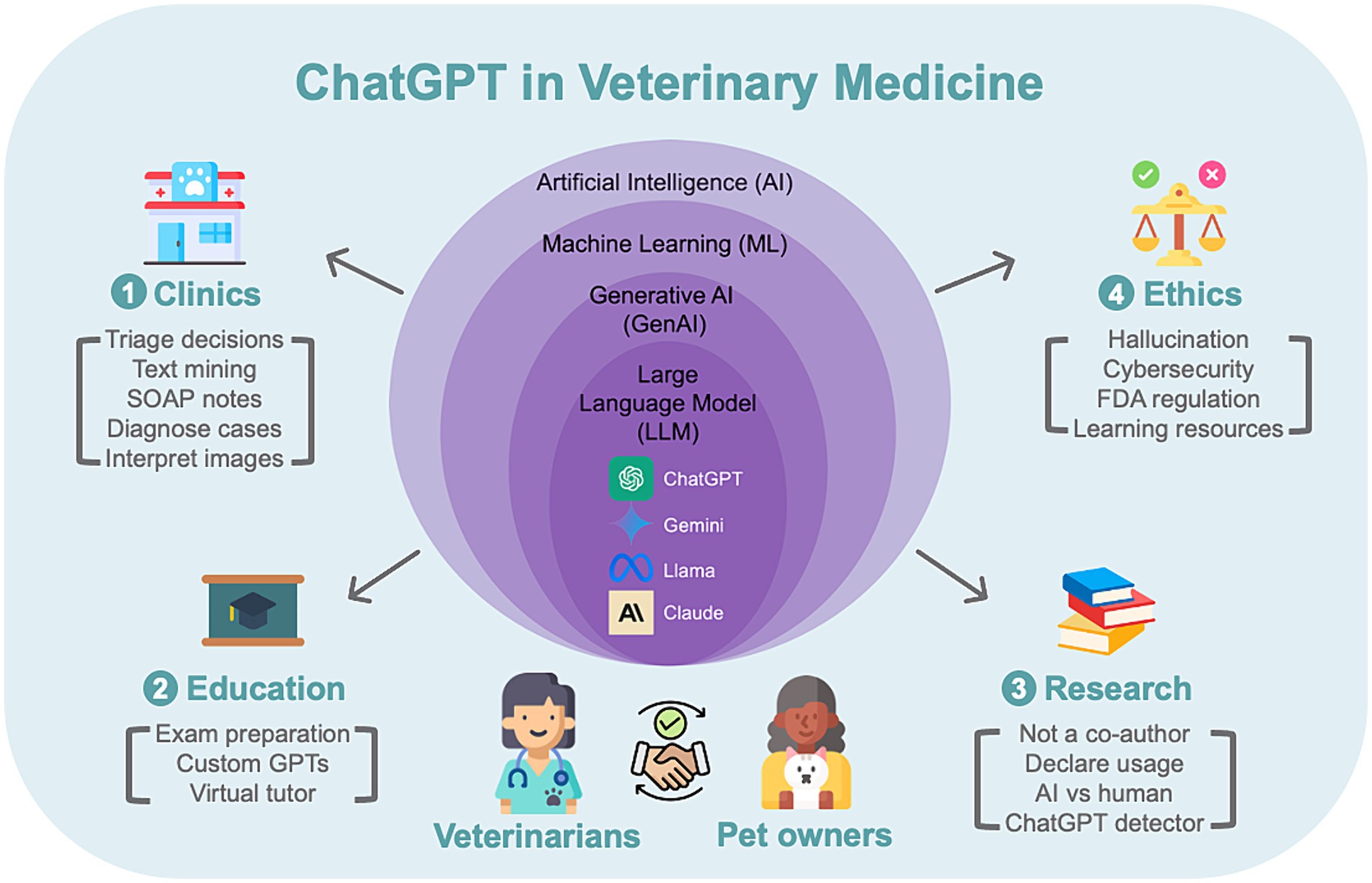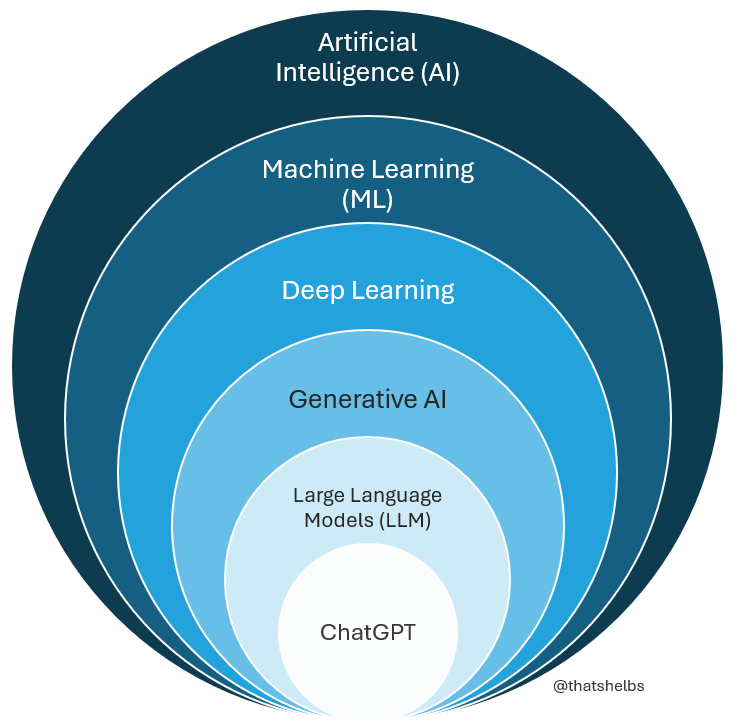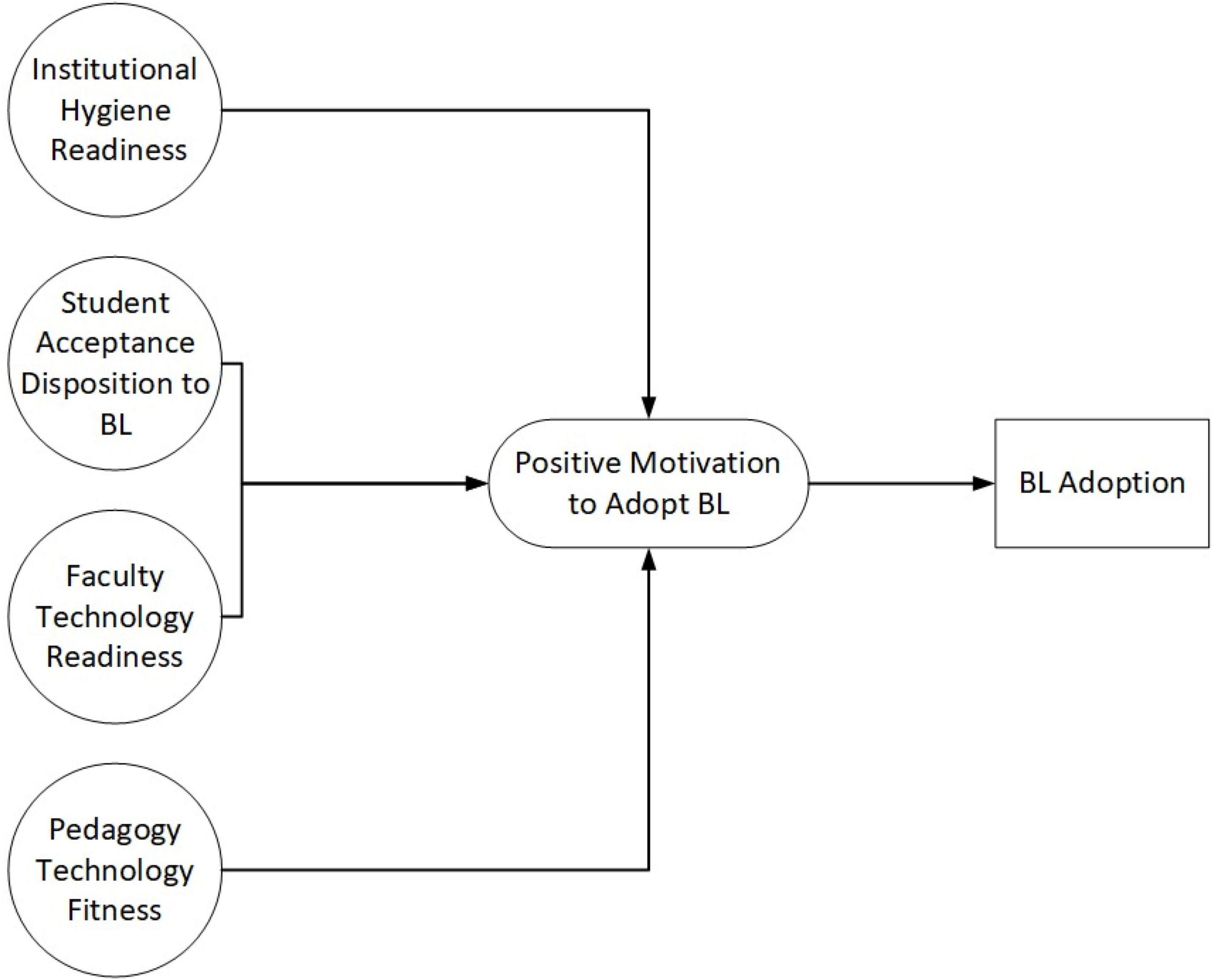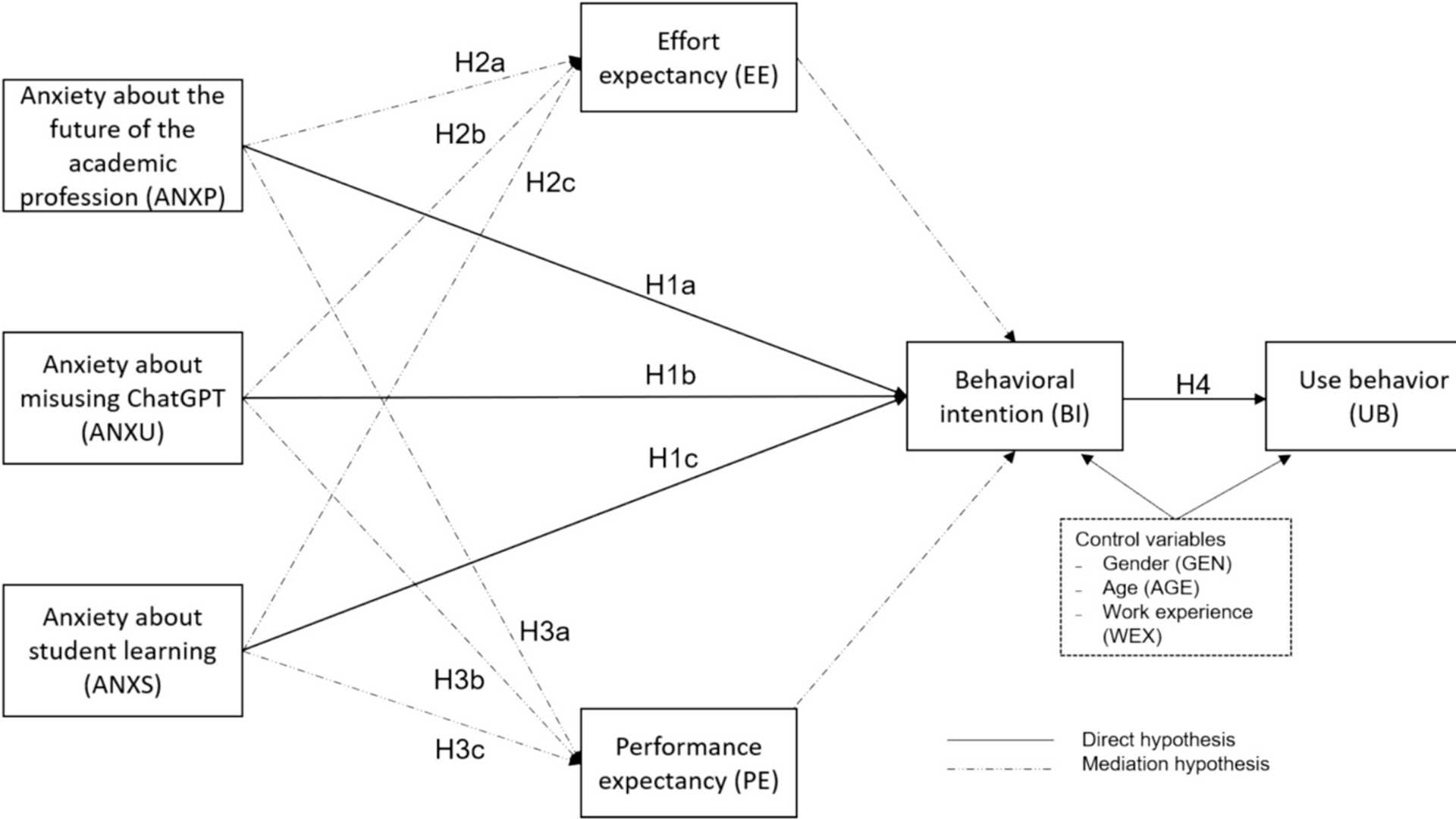Are university teachers ready for generative artificial intelligence in higher education?
This study delves into the impact of technology-related anxiety on university teachers' willingness to adopt ChatGPT, a generative artificial intelligence tool. The research explores three specific types of anxiety: anxiety concerning the future of the academic profession, anxiety about personal misuse of ChatGPT, and anxiety regarding negative effects on student learning.
A total of 249 faculty members from Spanish public universities participated in the study, where a structured questionnaire was utilized. Data analysis was conducted using Partial Least Squares Structural Equation Modeling (PLS-SEM) to evaluate the direct effects of each anxiety type on behavioral intention, as well as the mediating roles of effort expectancy (EE) and performance expectancy (PE).
Key Findings
The results indicate that anxiety related to student learning has a significant negative direct effect on behavioral intention, with an indirect effect through performance expectancy. Similarly, anxiety surrounding the misuse of ChatGPT is negatively linked to behavioral intention, with substantial mediation through both EE and PE. On the other hand, anxiety about the future of the academic profession does not demonstrate a statistically significant relationship with behavioral intention.

The study underscores the importance of addressing specific psychological barriers, particularly those related to concerns over student learning and technology misuse, to foster the integration of ChatGPT in higher education. It suggests that effective implementation strategies should blend technical training with targeted interventions aimed at managing technology-related anxiety, enhancing ethical practices, and improving perceptions of the tool’s utility and ease of use.
The Role of Generative Artificial Intelligence in Higher Education
Generative artificial intelligence (GAI) tools like ChatGPT are revolutionizing the landscape of higher education by offering capabilities that surpass traditional academic practices. Unlike previous tools, ChatGPT can generate human-like text, provide personalized tutoring, and automate complex educational tasks.
Its transformative potential goes beyond assisting in isolated tasks to reshaping pedagogical relationships, instructional methods, and even the core functions of university teachers. Concerns about the potential displacement or devaluation of university teachers pose both psychological and professional challenges that can impact the adoption of such technologies.

This transformative power necessitates universities to reconsider how technology integrates into the teaching and learning process, presenting both opportunities and challenges for faculty.
Exploring Technology Adoption by University Teachers
While extensive research has examined technology adoption in education, there is a noticeable gap in understanding the psychological dimensions of incorporating tools like ChatGPT, especially among university teachers. Most research on ChatGPT adoption has focused on undergraduate students, leaving university teachers relatively understudied.
This study delves into the anxiety experienced by university teachers when adopting GAI tools and investigates the different types of anxiety based on their underlying causes. Addressing anxiety barriers is crucial as they highlight previously unexplored challenges that university teachers encounter in adapting to these transformative technologies.

Specifically, the study examines three critical types of anxiety related to GAI technology adoption: concerns about significant professional changes, fears regarding effective use of ChatGPT, and apprehensions about its impact on student learning outcomes. These anxieties need to be addressed to overcome barriers faced by university teachers in embracing these disruptive technologies.




















